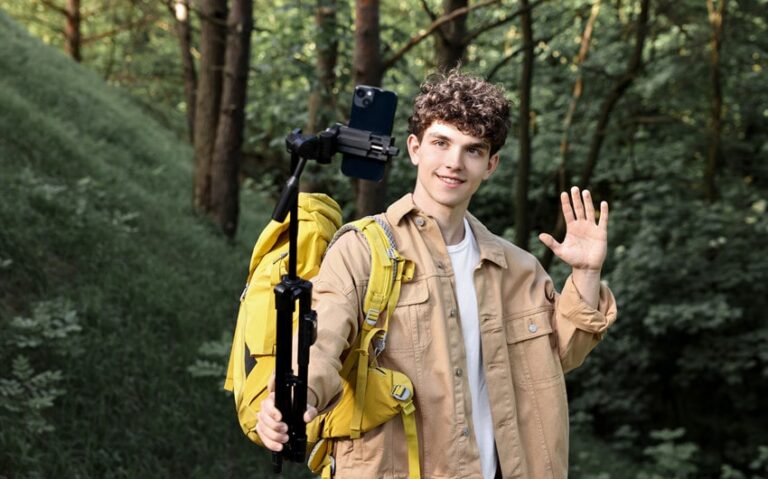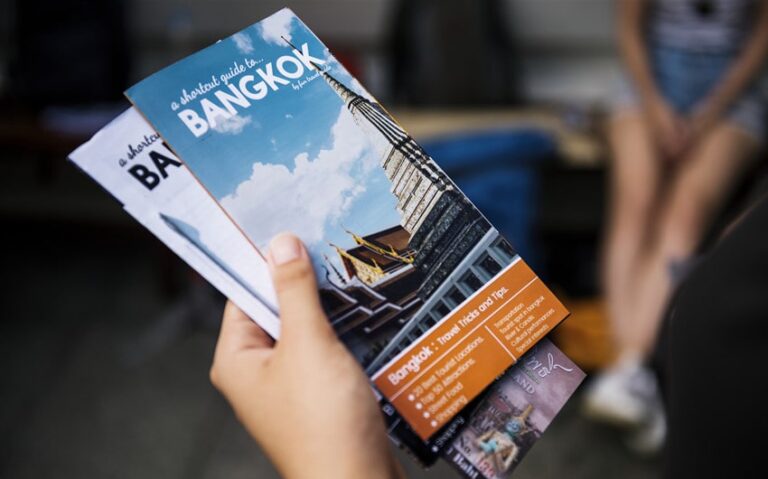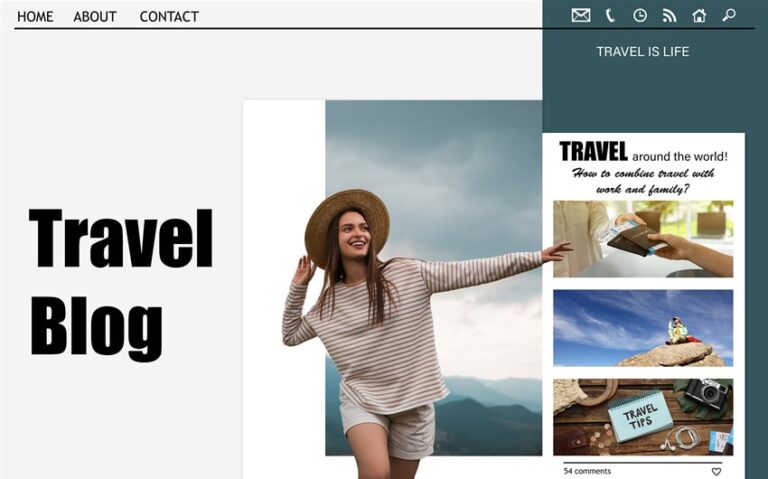Incentive Travel Meaning and How It Works to Motivate Teams
If you’ve ever heard someone mention an all-expenses-paid trip as part of their job, you’ve already encountered incentive travel—even if you didn’t know the term. So what is incentive travel, really? At its core, it’s a performance reward—a travel experience used by companies to recognize and motivate top-performing employees. But there’s more to it than just plane tickets and hotel rooms. Here’s what incentive travel really means, how it works, and why it’s one of the most effective tools for team motivation today.
1. What Is Incentive Travel, Exactly?
Incentive travel refers to a travel reward given to individuals or teams who meet specific business goals or performance milestones. Unlike business trips (which are work-related) or vacations (which are personal), incentive trips are **earned** as a reward and are usually designed for **fun, relaxation, and recognition**.
- It’s not work-related: You’re not attending meetings or conferences—you’re being celebrated.
- It’s not a bonus check: You’re rewarded with experiences—travel, meals, entertainment, and memorable moments.
- It’s earned: Usually based on sales, performance, referrals, or team success.
In simple terms: do a great job, and you might find yourself sipping wine in Tuscany or ziplining in Costa Rica—on your company’s dime.
2. Why Do Companies Offer Incentive Travel?
Incentive travel is more than just a fancy perk. Companies use it strategically to increase motivation, loyalty, and performance—especially in roles tied to clear results like sales or customer service.
- It boosts productivity: Employees are more likely to work harder if there’s a meaningful reward at the end.
- It builds loyalty: A travel experience feels more personal than a cash bonus. You remember it longer—and talk about it more.
- It strengthens teams: Shared travel creates bonds and camaraderie that office meetings rarely achieve.
Companies know that incentive travel doesn’t just reward—it inspires. It’s a way to say, “We see you. And you’re worth celebrating.” These performance-based incentives often mirror other growth strategies businesses use, such as understanding how a customer referral program works, where clearly defined actions and rewards motivate participation and measurable results.
3. What Does an Incentive Trip Usually Include?
Incentive travel can take many forms, from luxury getaways to local adventures. Some are group trips with colleagues; others are for individuals and their guests. Here’s what you might expect:
- Flights and accommodations: Typically first-class or luxury tier, depending on budget.
- Transportation: Airport transfers, shuttles, and sometimes private drivers.
- Meals and dining experiences: From gourmet dinners to beachfront buffets.
- Activities: Guided tours, spa days, excursions, team challenges, and cultural events.
- Swag and extras: Gift bags, branded apparel, photo ops, or custom excursions.
Some trips are built around relaxation; others around adventure. The best ones blend both—and make you feel like you’re living a dream.
4. Who Typically Qualifies for Incentive Travel?
Incentive travel is often used in sales departments, but it’s expanding across industries and roles. Whether you’re closing deals, delivering customer success, or leading a high-performing team, you could be eligible.
- Sales professionals: Often the primary recipients. Hitting or exceeding sales quotas typically qualifies you.
- Top performers in other roles: Customer service reps, recruiters, and managers may also earn travel if their metrics align with company goals.
- Teams: Some companies reward departments or project teams that collectively reach a target.
You usually know in advance what’s required to qualify, which gives you a clear goal to work toward.
5. How Is Incentive Travel Different from a Business Trip?
While both involve travel on the company’s dime, incentive travel and business travel couldn’t be more different in purpose and tone.
| Business Travel | Incentive Travel |
|---|---|
| Work-focused: meetings, presentations, networking | Reward-focused: rest, celebration, fun |
| Often solo | Can include coworkers, partners, or plus-ones |
| Strict schedule and agenda | Relaxed, curated experience |
| Minimal leisure time | Activities designed for enjoyment |
If business travel is about representing the company, incentive travel is about celebrating your impact within it.
6. What Are Some Examples of Incentive Travel Destinations?
Incentive trips aren’t always to tropical beaches—though those are popular. The destination often matches the tone of the reward and the company culture. Some common picks include:
- Hawaii or the Caribbean: Ideal for beachside relaxation and all-inclusive experiences.
- European cities: Think Paris, Rome, or Barcelona for cultural immersion and luxury stays.
- Adventure hubs: Costa Rica, New Zealand, or Alaska for those who crave ziplining, hiking, or wildlife.
- Luxury resorts in Mexico: Cancun, Riviera Maya, and Cabo San Lucas remain incentive favorites.
- Local getaways: If budgets are tighter, companies might offer a weekend at a high-end resort nearby.
The destination sets the tone—but it’s the experience and attention to detail that make it feel like a true reward.
7. Do Incentive Trips Work? Why They’re So Effective
Incentive travel has a proven track record. It’s often more motivating than bonuses, because experiences feel personal and are easier to remember—and talk about—for years.
- Emotional reward: You associate the trip with your hard work and your employer’s recognition.
- Social recognition: You’re celebrated in front of peers, partners, and leaders. That visibility motivates others, too.
- Workplace culture: These trips create stories and memories that strengthen team loyalty and morale.
You’re not just chasing numbers. You’re chasing the possibility of swimming in crystal-clear waters because of what you accomplished.
8. How to Qualify for an Incentive Trip
If your company offers incentive travel, start by learning the rules. These programs usually run quarterly or annually, with clear qualification metrics.
- Ask for program details: Get a copy of the incentive plan and understand the exact targets.
- Track your progress: Set monthly mini-goals. Don’t wait until the final weeks to catch up.
- Collaborate and communicate: Work with your team or mentor to stay motivated—and competitive.
And if your company doesn’t have a travel incentive program yet? Suggest it. Studies show that incentive travel often delivers better ROI than cash bonuses alone.
Incentive Travel Means More Than a Free Trip—It Means Recognition That Lasts
When your work gets noticed, it feels good. When it’s rewarded with travel, it feels unforgettable. Incentive travel isn’t just about plane tickets and palm trees. It’s about being seen, valued, and celebrated in a way that resonates deeper than a bonus check ever could. If you’re chasing a goal, ask yourself: what would it feel like to earn a trip instead of just a trophy? That answer is why incentive travel matters.







